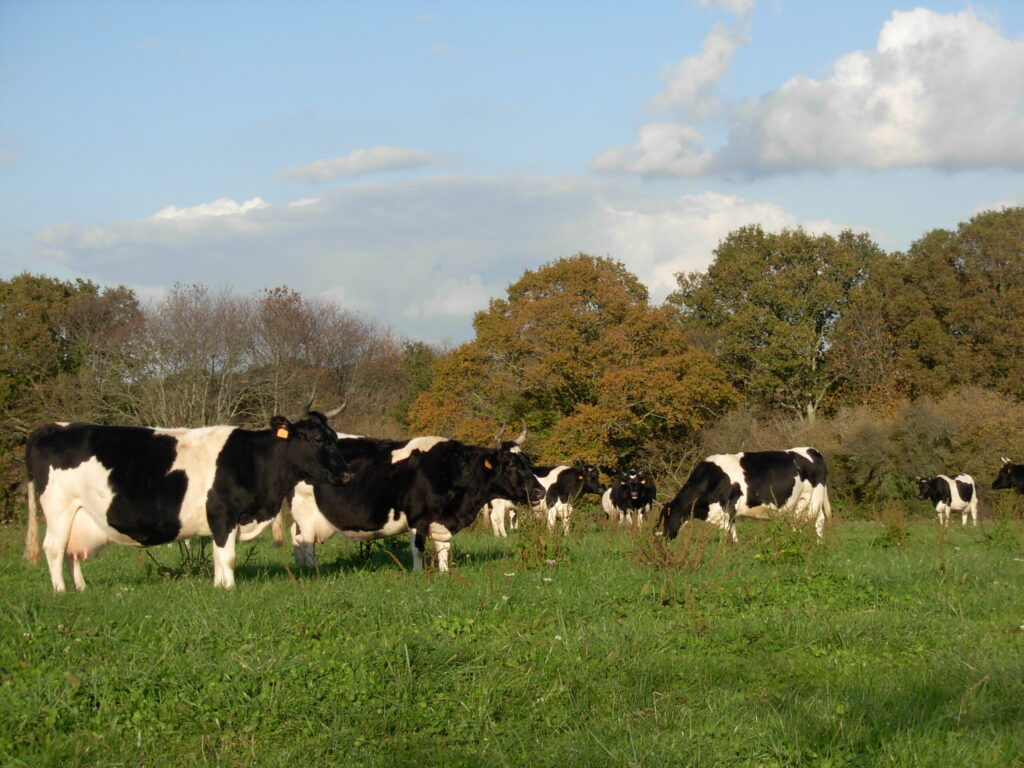Food & Climate
In 2024, a major survey by Earth4All and the Global Commons Alliance – spanning 22 countries – showed that 3 in 5 people support policies that advocate reduced meat consumption to lower emissions, with the sentiment most popular in developing countries, and that was reiterated by a 31-nation poll this February, which suggested that two-thirds (68%) of consumers want to eat more plant-based food, and folks from countries in the Global South are the keenest.
The last 10 years have been the hottest 10 on record, with 2024 breaking temperature records and becoming the first year to be more than 1.5°C warmer than the preindustrial era. And some suggest 2025 is on course to surpass this.
Now, the world is in danger of breaching 2°C by the end of the century, potentially having catastrophic consequences.
The thing is, the public supports change in favor of the planet – whether that’s reducing meat consumption, fossil fuel use, or air travel – but individual action can only take you so far. Really, the only way to meet our potential to lower emissions is through action from the leaders in government, according to a report seen by “Food & Climate” platform.
At the current trajectory, the livestock sector is on track to take up nearly half of our GHG budget in line with the 1.5°C postindustrial temperature rise goal.
Change is already afoot
Change is already afoot in places like Europe, with a 10,400-person survey revealing that over half (52%) of its citizens have made dietary shifts over the last two years to lead an eco-friendlier lifestyle, with 29% cutting back on meat. Plus, 42% of Europeans are exploring plant proteins and meat analogues.
In China, while health trumps all, a quarter of consumers are also motivated to eat plant-based foods because they’re better for the environment.
One of the world’s largest climate polls, commissioned by the UN Development Programme, found that 53% of people globally were more worried about the climate crisis in 2024, and over two in five blamed their governments as the main culprit.

And their political alignment doesn’t matter. Ahead of last year’s presidential election in the US, one study found that 85% of Gen Z Americans were concerned about climate change, and 58% “very” or “extremely” so. And 86% of Democrats, 75% of independents, and 62% of Republicans said they’d vote for candidates who support “aggressive policies to reduce climate change”.
Where does this leave us? Science is clear: we need to cut back on meat and dairy – and fast. In a survey of 210 global climate scientists and agrifood experts last year, 92% agreed that reducing livestock emissions is key to limiting temperature rises to 2°C, and 85% felt it was important to shift from “livestock-derived foods to livestock replacement foods”.
Meanwhile, 78% said global livestock numbers should peak this year, while an even higher share agreed that animal agriculture emissions need to be cut in half by 2030. Additionally, plant-based alternatives that have comparable or better health outcomes should be considered a “best available food” and given preference in climate (83%), agriculture (78%) and food purchasing policies (82%).
livestock emissions
There is broad support for climate-friendly food policies among the public. In the US, 54% of poll respondents correctly identified beef as the most polluting of five food products, and nearly half (46%) would consider a plant-based diet for the sake of the planet.
It is critical that governments step up. The above survey found that 60% of Americans feel federal food policies should discuss the industry’s impact on the environment. The US was also among the countries covered in a 2024 poll that found 33% of people to be in favour of rationing meat and 44% backing a meat tax.
The importance of dietary change was outlined by the European Environment Agency this month. In its new foresight report, the EU body looked at four imagined futures of the region’s food system in 2050 – in each scenario aligned with its agenda of “living well, within environmental limits”, a dietary shift from meat and dairy to alternative proteins was seen as an important way to “decarbonise the food system, innovate across the food supply chain, and contribute to food security”.
In other words, the protein transition towards planet-friendly alternatives will be inevitable. But despite consumers’ willingness to embrace this, the impact on the climate would be minimal without public sector support.

The Intergovernmental Panel on Climate Change (IPCC) has suggested that individual behavioural change across transport, energy and food choices could lower global emissions by 34%, but “comprehensive” shifts that include tech advancements, industry practices, and policies could lead to a 40-70% reduction.
Building on that, the World Resources Institute WRI analysed 11 pro-climate behaviours – such as going vegan or reducing meat consumption – that could reduce a person’s annual emissions by 6.53 tonnes, cancelling out the global average of 6.28 tonnes. But without government support, they can only reduce about 10% (0.63 tonnes) per year.
Two in five consumers see a shift to plant-based diets as inevitable in the next decade, according to “Green Queen”.

